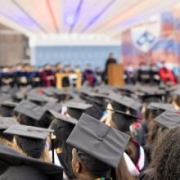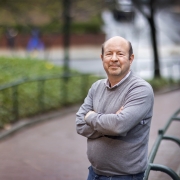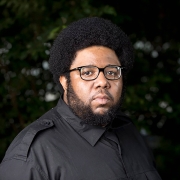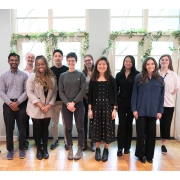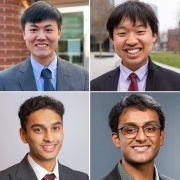Luck Plays a Role in How Language Evolves
Read a few lines of Chaucer or Shakespeare and you’ll get a sense of how the English language has changed during the past millennium. Linguists catalogue these changes and work to discern why they happened. Meanwhile, evolutionary biologists have been doing something similar with living things, exploring how and why certain genes have changed over generations.
In a new study published in Nature, researchers in these two academic fields have joined forces to solve an essential problem of how languages evolve: determining whether language changes occur by random chance or by a selective force.
Examining substantial collections of annotated texts dating from the 12th to the 21st centuries, the researchers found that certain linguistic changes were guided by pressures analogous to natural selection — social, cognitive and other factors — while others seem to have occurred purely by happenstance.
“Linguists usually assume that when a change occurs in a language, there must have been a directional force that caused it,” says Joshua Plotkin, professor of biology senior author on the paper. “Whereas we propose that languages can also change through random chance alone. An individual happens to hear one variant of a word as opposed to another and then is more likely to use it herself. Chance events like this can accumulate to produce substantial change over generations. Before we debate what psychological or social forces have caused a language to change, we must first ask whether there was any force at all.”
“One of the great early American linguists, Leonard Bloomfield, said that you can never see a language change, that the change is invisible,” says Robin Clark, a coauthor and professor of linguistics. “But now, because of the availability of these large corpora of texts, we can actually see it, in microscopic detail, and begin to understand the details of how change happened.”
Plotkin and Clark joined with lead authors Christopher A. Ahern, a Ph.D. student in the Department of Linguistics, and Mitchell G. Newberry, a Ph.D. student in the Department of Biology, on the work.
Click here to read the full story.
